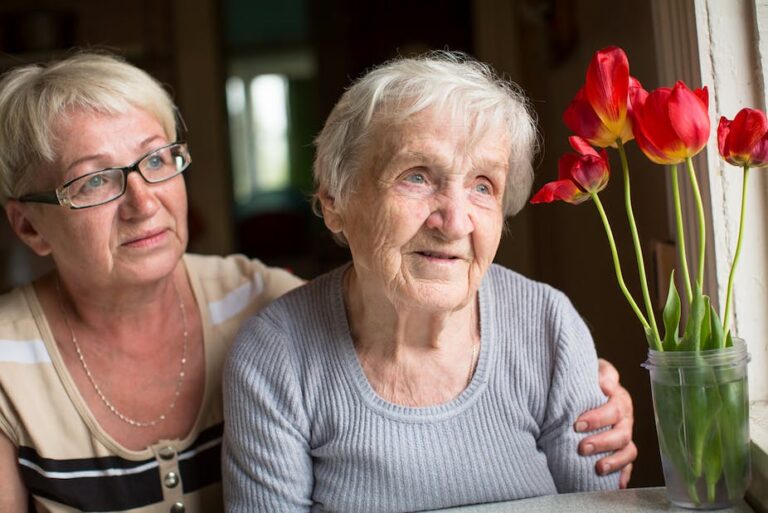
How Estate Planning Works for Caregiving Children? This situation requires considered estate planning to protect the arrangement, both for the parent and child, in the event of the parent’s incapacity and what may happen, if and when the parent needs to move to a care facility and/or passes away.
If the child is caring for the parent at the parent’s home, the parent’s estate planning often gives the child the ability to remain at the parent’s residence. It may also allow the child to access the parent’s bank accounts, if the parent becomes mentally incapacitated. A recent article from Lake County Record-Bee, “Estate planning for parents with caregiver children,” says if the planning is not done correctly, a series of unintended problems may arise, including disagreements with other family members and allegations of elder abuse, especially financial abuse.
Agreed-upon terms of any living arrangement should be included in the parent’s estate planning documents. If the parent has a living trust, the trust may allow the child to remain in the family home, so the document must clearly state the terms of the living arrangement. If the parents live in a rental property, the POA may be used to authorize the child’s continued occupancy and use of the parent’s money to pay household expenses. The rental agreement would need to include the child as a tenant.
What if the parent lives in the child’s home? The child’s estate plan would need to reflect on what terms the parent may remain in the child’s house, if the child were to become incapacitated or die unexpectedly. Consideration would also need to be given to how the parents receive care.
If the parent dies or moves into a nursing home or when the child moves out, the arrangement ends. What happens next? It depends on the situation. The parent may leave the residence to the adult care giver child. The following also to be addressed: how are expenses, including the mortgage, to be paid and is there an expressed transition period before the child moves out?
How Estate Planning Works for Caregiving Children? THE LAW OFFICES OF CLAUDE S. SMITH, III
If the parent intends to leave the family home to the adult care giver, the estate planning documents need to gift the residence to the adult caregiver. This may include lifetime gifting, or it may entail renting the residence to provide income for the parent’s needs.
If there are siblings, or a spouse from a second marriage, the estate planning documents need to say whether and how other family members participate in the residence. The parents may want to gift the residence to all children, subject to an exclusive life estate for the care giver to live in the family home. When the care giver child becomes incapacitated or dies, the family home is usually sold, and the sale proceeds divided between the parent’s living descendants.
Something to be careful about: if the caregiver child is treated more favorably than siblings. While the parents are entitled to make their own decisions about how to distribute assets, a disgruntled sibling may object to how assets are distributed. An estate planning attorney will be able to formally document the parent’s wishes, and prepare the estate for any challenges.
Finally, if no advance planning is done, it is possible the parent may end up needing a guardian and conservator to care for their finances and their well-being, respectively, if they become incapacitated. This becomes an expensive situation, and the result of court-supervised administrators may not agree with how the parent wished their affairs to be handled.
How Estate Planning Works- THE LAW OFFICES OF CLAUDE S. SMITH, III
Reference: Lake County Record-Bee (Feb. 4, 2023) “Estate planning for parents with caregiver children”
Legal problems are extremely stressful, especially when your family, your health, or your freedom are at stake. At this point in time, you may not even be sure what kinds of questions you need to ask a lawyer, but that’s entirely normal. Whether your situation involves family law, estate planning, elder law, a criminal charge, or a personal injury, we will start by giving you all the information you need.
The way we see it, you deserve to get this information directly from an expert. That’s why we make it easy for you to get in touch with your lawyer, and we never ask you to sit down with a paralegal or assistant instead.
As our relationship continues, we will keep you updated about the status of your case every step of the way. Your lawyer will reach out regularly to tell you about any new developments, and he will also be happy to answer any questions you have throughout the process.
